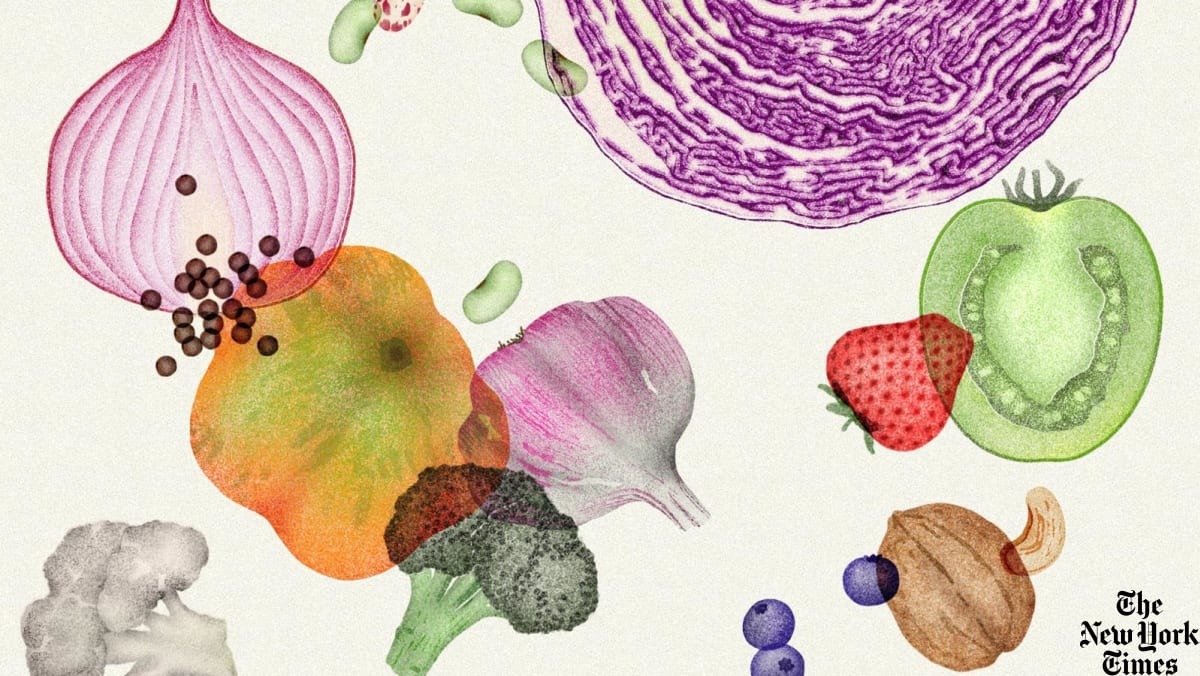3. BEANS AND OTHER TYPES OF LEGUMES
Common bean varieties like black and kidney beans, and legumes like chickpeas, dry peas and lentils, are not only high in protein. They’re also great sources of fibre, which is crucial for gut and immune health, Dr Brockton said.
Fibre is also linked with colorectal cancer prevention. The bacteria in our gut break fibredown into fuel for the cells lining the colon, which keeps them healthy and less likely to turn into cancer cells, Dr Brockton said.
Henry Thompson, the director of the Cancer Prevention Laboratory at Colorado State University, said that in animal and human studies, the consumption of beans (and other pulses like chickpeas and lentils) has been linked with the prevention of obesity, which is tied to several cancers. One ongoing clinical trial in humans is testing whether eating canned beans reduces cancer risk.
According to DrBrockton, the protective benefits of fibrekick in after eating around 30 grams – or the amount in about two cups of black beans – per day.
4. NUTS, ESPECIALLY WALNUTS
Tree nuts are rich in healthy fats, protein and fiber, and studies have found that those who consume them tend to have reduced risks of various types of cancer, especially those of the digestive system.
Walnuts in particular contain exceptionally high levels of plant compounds called ellagitannins, which are converted by our gut bacteria into metabolites that may reduce cancer’s ability to grow and multiply.
Dr John Birk, a gastroenterologist at UConn Health who has performed colonoscopies for people in clinical trials that investigate the colon health benefits of walnuts, said that it was easy to spot a “walnut colon.” The lining of the colon wall “has a healthier appearance, a sort of glistening reflection of the light shining on it from the endoscope,” he said.
Studies suggest that eating about a handful of tree nuts per day is linked with health benefits.

